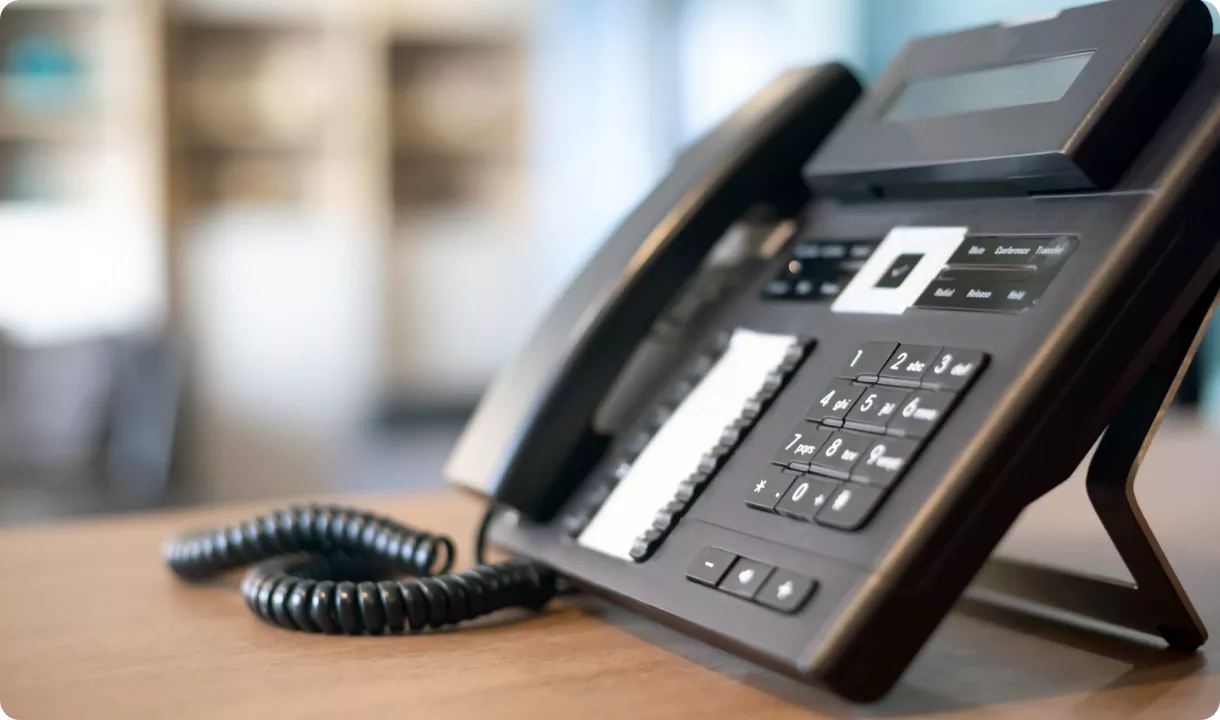Federal VoIP Requirements


VoIP Is No Longer a Regulatory Gray Area. Is Your Business Prepared?
If you provide VoIP services, you are subject to a growing list of federal compliance requirements. These include mandatory FCC registration, Universal Service Fund (USF) contributions, 911 obligations, law enforcement access (CALEA), CPNI compliance, disability access, and more. Navigating these obligations without experienced legal guidance can put your business at serious risk.
FCC Registration (Form 499-A)
VoIP providers must register with the FCC and USAC by submitting an initial FCC Form 499-A. This form ties your business into the USF contribution system and requires you to designate a service agent in D.C. and list service areas.

Universal Service Fund (USF) Contributions
VoIP providers must contribute to the USF, which supports services for rural, low-income, and public sector users. Contributions are based on revenue data reported quarterly (via Form 499-Q) and annually (via Form 499-A).
Providers can calculate interstate revenue using:
- The FCC’s 64.9% “safe harbor” rule
- Actual revenue tracking
- Approved traffic studies
Monthly payments are required, and contribution rates change quarterly.

Other Federal Assessments: TRS, NANPA, LNP, and Regulatory Fees
In addition to the USF, VoIP providers are required to contribute to:
- Telecommunications Relay Services (TRS)
- North American Numbering Plan (NANPA)
- Local Number Portability (LNP)
- FCC Regulatory Fees (typically assessed each September)
These fees are calculated based on end-user revenues and vary annually.

VoIP E911 Obligations
InterconnecVoIP providers must:
- Route all 911 calls to the appropriate Public Safety Answering Point (PSAP)
- Transmit caller ID and Registered Location information
- Notify customers of limitations (e.g., power outages or broadband failures)
- Collect signed acknowledgments and provide handset warning labels
Failing to meet E911 requirements can trigger enforcement action.
CALEA Compliance
VoIP providers must assist law enforcement under the Communications Assistance for Law Enforcement Act (CALEA). This includes:
- Enabling lawful call interceptions
- Supplying call-identifying information
- Submitting a System Security and Integrity (SSI) Plan to the FCC before offering services

CPNI Regulations
VoIP providers are subject to strict Customer Proprietary Network Information (CPNI) rules. These include:
- Annual CPNI certification filing by March 1
- Consent requirements for data sharing and marketing
- Breach notification procedures to the FBI and Secret Service
The FCC actively enforces CPNI compliance and has imposed steep fines for missed filings.

Disability Access & TRS
VoIP providers must ensure service and equipment are accessible to individuals with hearing or speech disabilities. This includes product design, service delivery, and published accessibility information.

E-Rate Funding Eligibility
VoIP services are eligible for E-Rate Program funding, which provides discounted communication services to schools and libraries. To participate, providers must comply with all federal VoIP regulations and USAC procedures.
